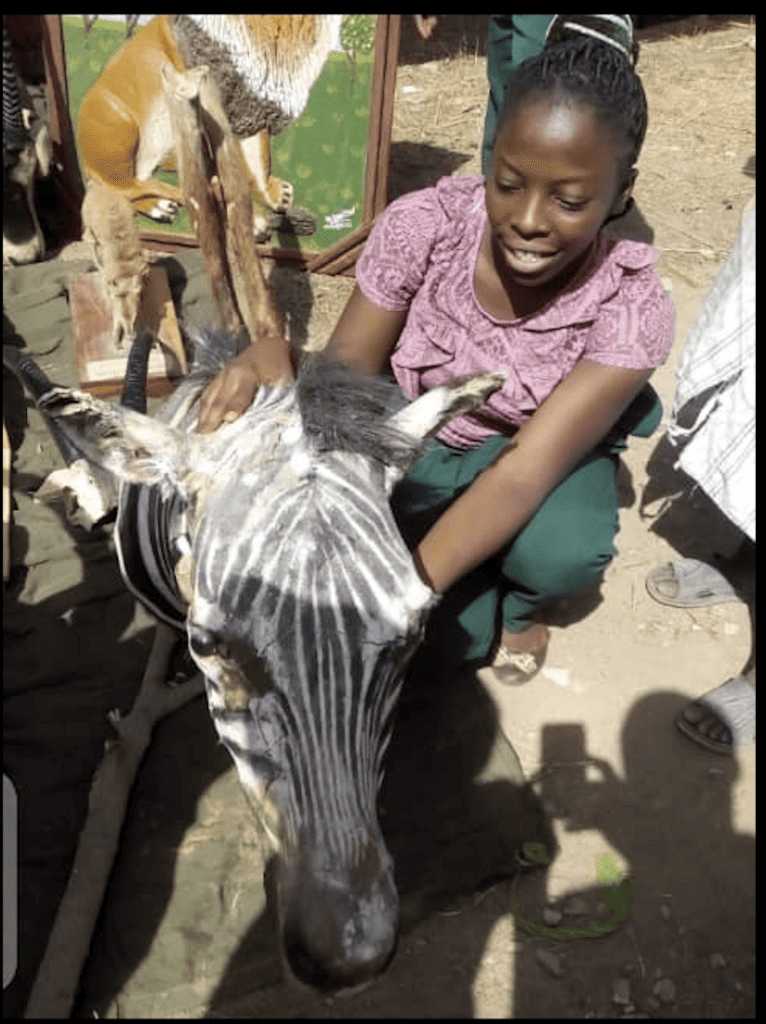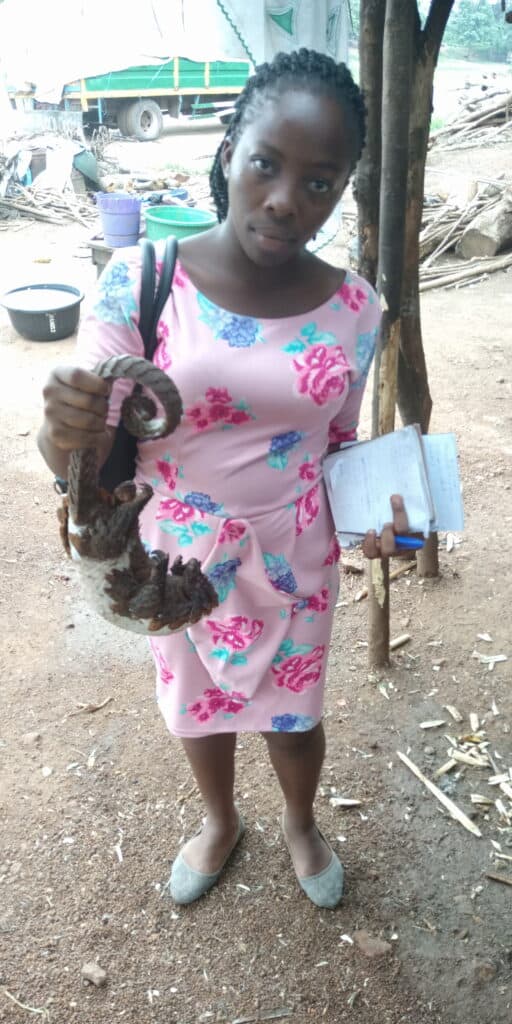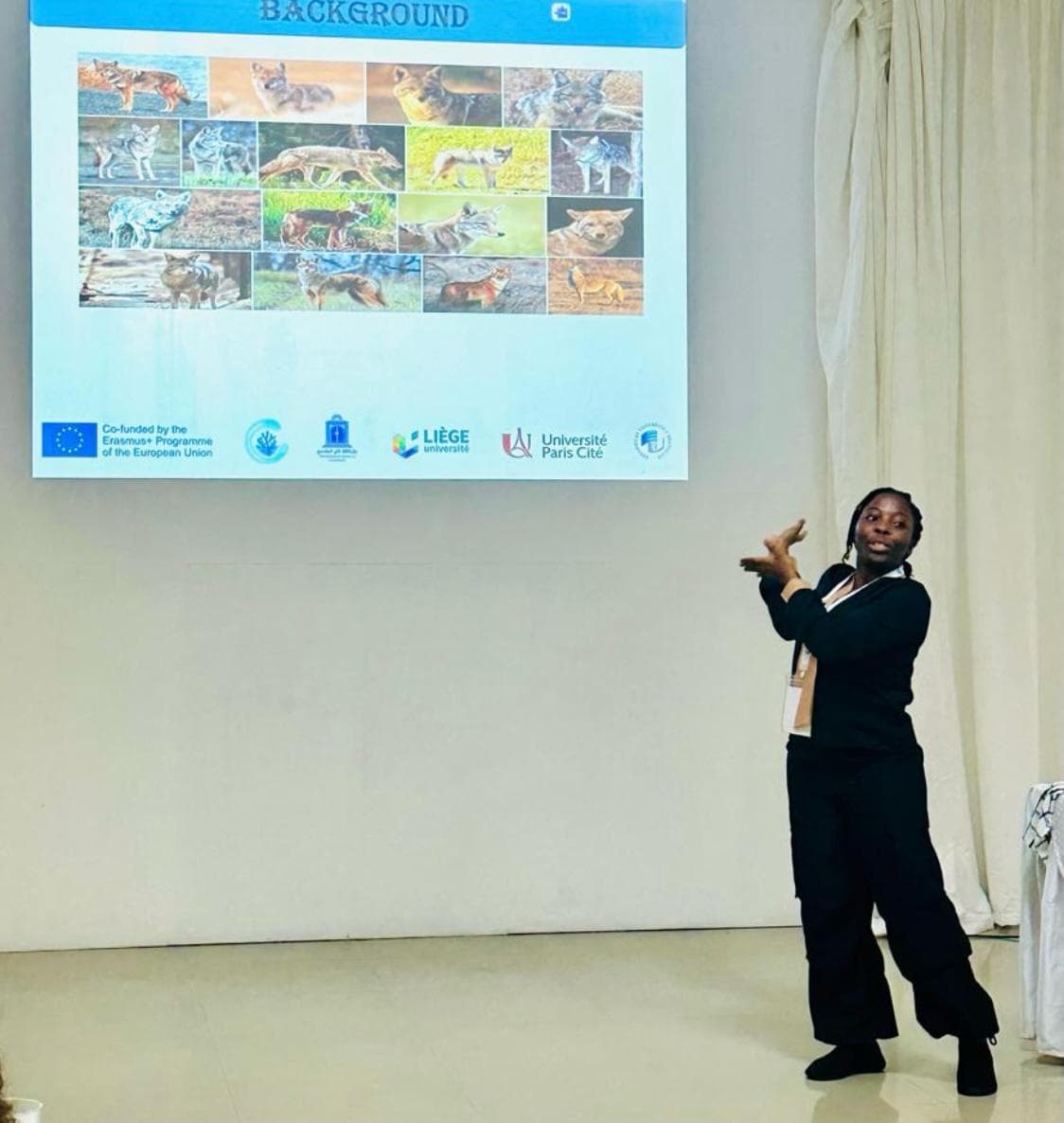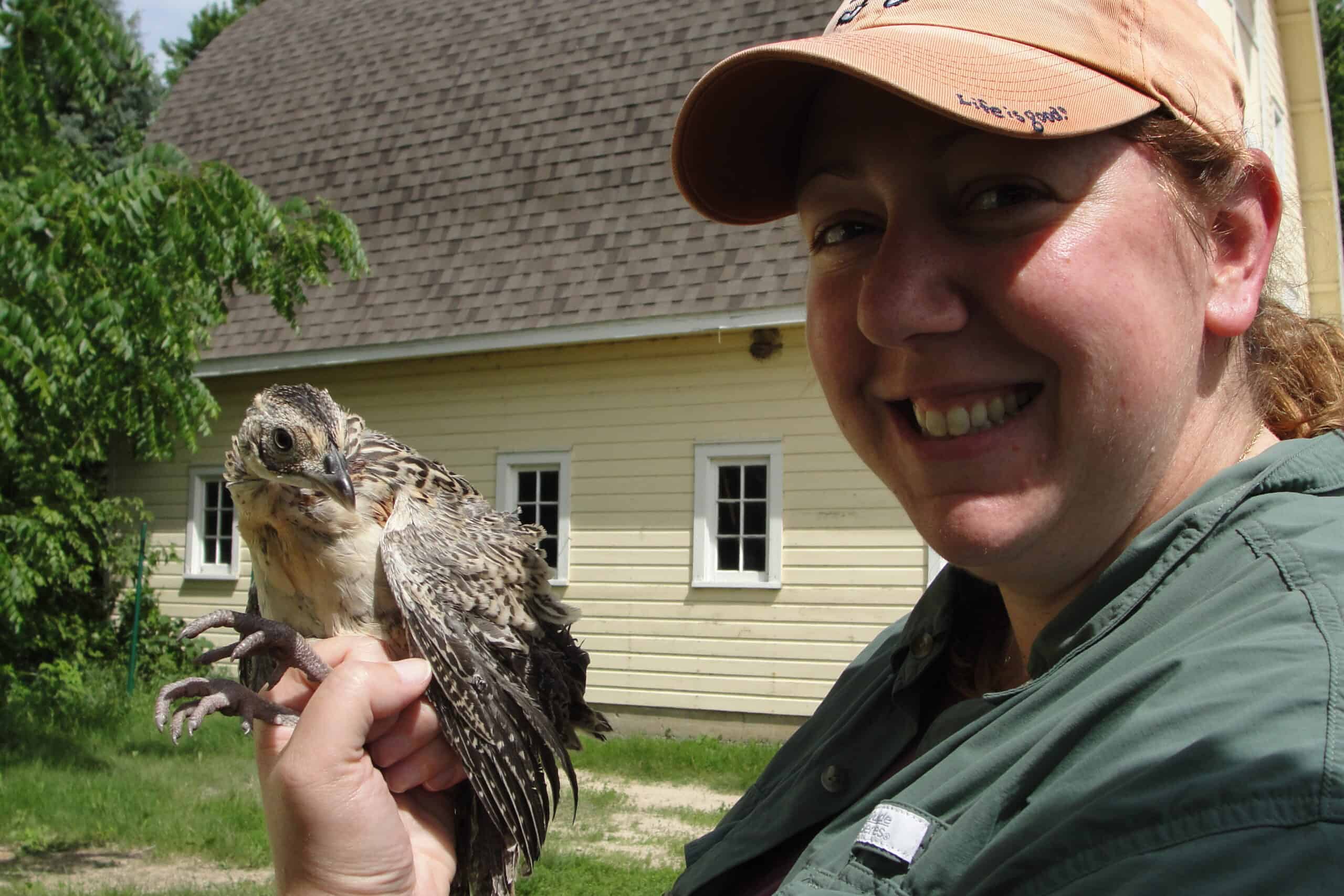Share this article
Wildlife Vocalizations: Bright Olunusi
Olunusi discusses unique wildlife conservation challenges facing the younger generation
The contemporary era presents unique challenges for wildlife conservation, especially for younger generations like mine.
From the heart of rural Nigeria to the academic halls of Boston University, I have witnessed the multifaceted threats facing wildlife and the intricate dynamics of human-wildlife interactions. One pressing issue that resonates across these diverse landscapes is the escalating demand for bushmeat or other wildlife byproducts. That could be in the form of pangolin scales or elephant tusks. These are emblematic of broader challenges like habitat loss, climate change and socioeconomic disparities.
Growing up in Ijebu Ode, Nigeria, I saw firsthand how traditional bushmeat consumption practices have evolved into a lucrative trade. Factors driving that trade ranged from cultural preferences to economic necessity.

The reliance on wildlife trade often stems from limited educational opportunities and climate-induced disruptions to agriculture, leaving communities vulnerable to exploitation and perpetuating a cycle of dependence. In urban centers like Ibadan, Nigeria, this demand persists, exacerbating the strain on already diminished wildlife populations.
My academic pursuits further illuminated the global dimensions of wildlife conservation. While studying at Boston University, I grappled with the complexities of human-wildlife conflict in developed regions, where urban expansion encroaches upon natural habitats, triggering confrontations and necessitating sometimes lethal interventions. Climate change emerges as a common thread, exacerbating these tensions by altering ecosystems and driving species out of their historical ranges.

In addressing these challenges, my generation must embrace a holistic approach that recognizes the interconnectedness of environmental, social and economic factors. Environmental education initiatives, particularly targeting underserved communities, can foster awareness and empower individuals to pursue sustainable livelihoods. Economic empowerment programs offer viable alternatives to wildlife trade, promoting resilience in the face of climate-induced disruptions.
Moreover, concerted efforts are needed to enhance climate adaptation strategies and mitigate the drivers of habitat degradation. This requires collaboration across sectors and borders, harnessing the collective expertise of governments, policymakers, researchers, businesses and communities. From implementing land-use planning measures to promoting renewable energy solutions, every sector has a role to play in safeguarding our planet’s biodiversity.

At its core, wildlife conservation is a shared responsibility that transcends geographical boundaries and cultural divides. It demands collective action and a steadfast commitment to preserving the integrity of our ecosystems for future generations. As stewards of the Earth, we must heed this call to action, recognizing that our choices today will shape the fate of wildlife and humanity alike. Together, let us rise to the challenge and strive to create a more sustainable and harmonious coexistence between humans and the natural world.
Wildlife Vocalizations is a collection of short personal perspectives from people in the field of wildlife sciences. Learn more about Wildlife Vocalizations, and read other contributions.
Submit your story for Wildlife Vocalizations or nominate your peers and colleagues to encourage them to share their story.
For questions, please contact tws@wildlife.org.
Header Image: Olunusi teaches a diverse group of people from all continents of the world about human wildlife conflict in Massachusetts, using coyotes (Canis latrans) as a case study. This presentation took place in the Maldives in December 2023 and was a sponsored summer program on climate change. Image Courtesy: Bright Olunusi.








